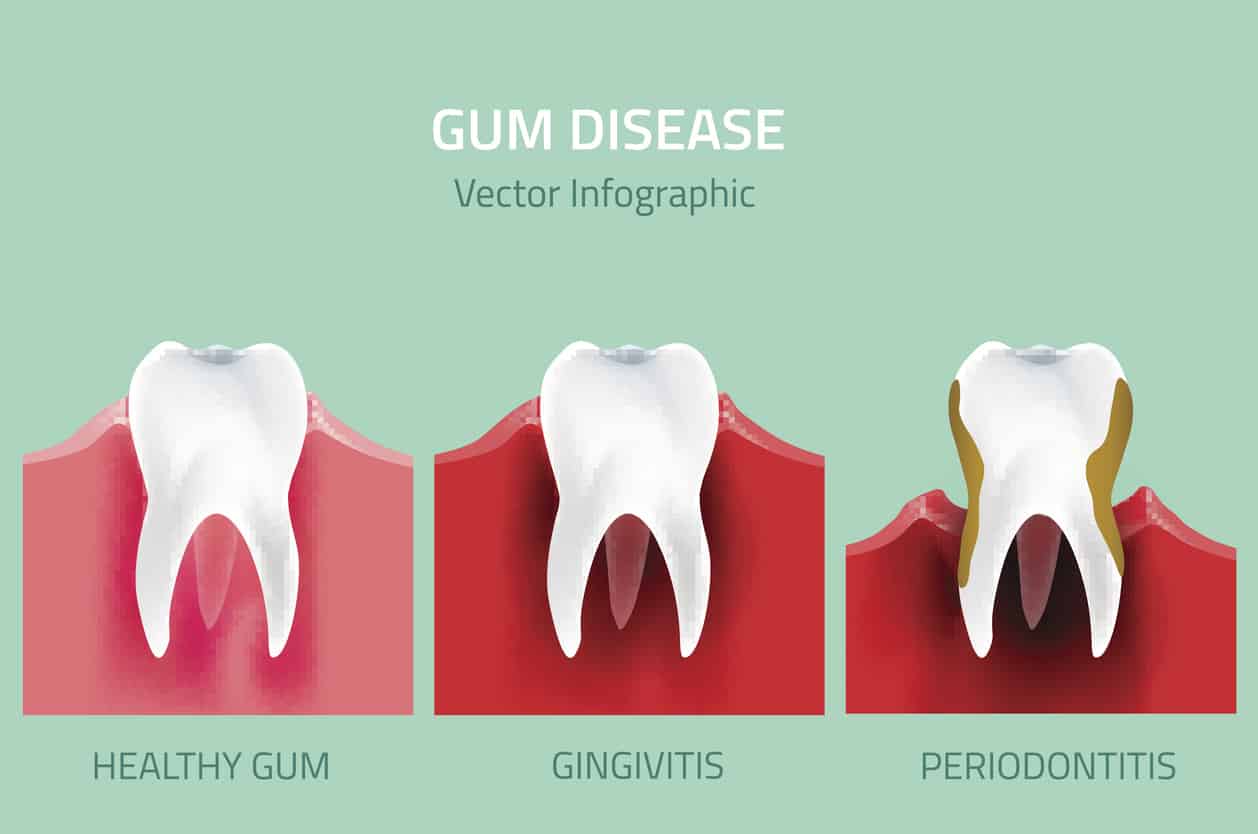
Navigating Periodontal Health: A Comprehensive Guide to Disease Management
Understanding Periodontal Disease
Periodontal disease, commonly known as gum disease, is a prevalent condition affecting the tissues surrounding the teeth. It ranges from mild inflammation (gingivitis) to more severe forms that can lead to tooth loss. Effective periodontal disease management is crucial for maintaining oral health and preventing the progression of the condition.
The Impact of Periodontal Disease on Oral Health
Periodontal disease not only affects the gums but also poses risks to overall oral health. Untreated gum disease can lead to pockets forming between the teeth and gums, causing further bacterial buildup. This can result in the destruction of bone and connective tissue, ultimately leading to tooth loss if not addressed promptly.
Professional Dental Evaluation and Diagnosis
The first step in periodontal disease management is a thorough dental evaluation. Dentists, often in collaboration with periodontists, assess the extent of gum disease through a comprehensive examination. This includes measuring pocket depths, evaluating X-rays, and identifying the specific type and stage of periodontal disease.
Personalized Treatment Plans for Optimal Results
Effective periodontal disease management involves personalized treatment plans tailored to the individual’s needs. Treatment may include nonsurgical methods such as scaling and root planing to remove plaque and tartar from below the gumline. Surgical interventions like flap surgery or bone grafting may be recommended for more advanced cases.
Periodontal Maintenance and Ongoing Care
Once initial treatments are completed, ongoing periodontal maintenance is crucial. Regular dental visits for cleanings and check-ups are combined with personalized oral hygiene routines at home. Consistent maintenance helps control bacterial growth, prevent the recurrence of gum disease, and preserve overall oral health.
The Role of Patient Education in Periodontal Health
Periodontal disease management emphasizes patient education as a key component. Individuals are educated about the importance of proper oral hygiene practices, including effective brushing, flossing techniques, and the use of antimicrobial mouthwashes. Understanding the role of lifestyle factors, such as smoking and nutrition, is also vital for long-term periodontal health.
Advanced Treatment Options for Severe Cases
In cases of advanced periodontal disease, advanced treatment options may be necessary. This could involve procedures like gum grafting to replace lost tissue or guided tissue regeneration to stimulate bone growth. Advanced treatments aim to restore the supporting structures of the teeth and improve overall oral health.
Addressing Underlying Health Conditions
Periodontal disease management extends beyond the gums to consider overall health. Addressing underlying health conditions such as diabetes or immune system disorders is integral. Managing these conditions collaboratively with healthcare providers can contribute to more effective periodontal disease control.
Lifestyle Modifications for Periodontal Health
Lifestyle modifications play a significant role in periodontal disease management. Smoking cessation is crucial, as smoking can hinder the healing process and increase the risk of complications. Adopting a balanced diet rich in nutrients supports overall oral health and aids in the prevention of gum disease.
Explore Periodontal Disease Management for Lasting Oral Health
For those seeking insights into effective periodontal disease management, Periodontal Disease Management provides valuable resources and information. Discover the latest approaches, treatment options, and lifestyle recommendations for maintaining optimal gum health. Explore the path to lasting oral health through comprehensive periodontal disease management.
Conclusion: A Journey to Lasting Oral Wellness
Navigating periodontal health involves a comprehensive approach to disease management. By understanding the impact of periodontal disease, seeking professional evaluation and personalized treatment plans, and embracing ongoing care and education, individuals can embark on a journey to lasting oral wellness. Periodontal disease management is not just about treating the condition; it’s about preserving the health and vitality of the entire oral cavity.